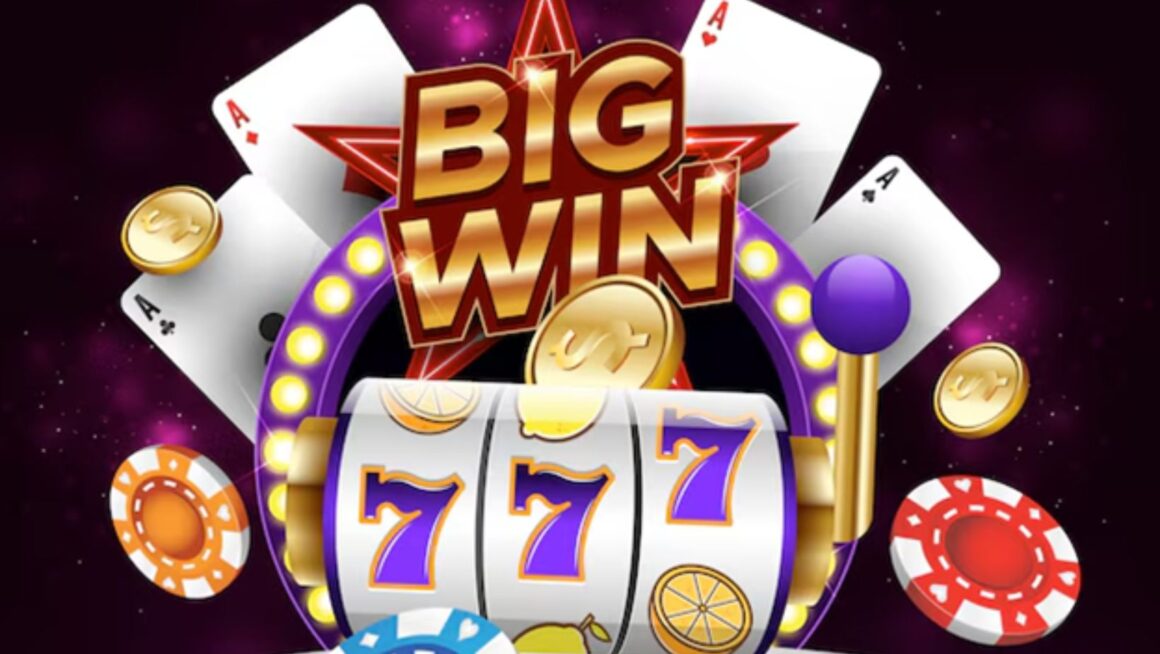Slot games may seem like simple forms of entertainment where all you need to do is spin the reels and hope for the best. However, behind the flashing lights and exciting animations lies a complex system that determines the outcome of every spin. While players often focus on themes and bonus features, understanding how slot game outcomes are determined can give you a deeper appreciation of the mechanics that make these games tick.
Table of Contents
ToggleUnderstanding the Role of Random Number Generators (RNG)
At the heart of every modern slot machine, both online and offline, is a Random Number Generator (RNG). The RNG is a piece of software designed to generate thousands of numbers per second, even when no one is playing. Each number corresponds to a specific symbol on the reels. When you press the spin button, the RNG instantly selects a number, which in turn determines the outcome of that spin.
It’s important to know that the RNG operates independently of previous spins. This means that every spin is completely random and unaffected by past results. Just because you’ve had a series of losses doesn’t mean a win is coming—there’s no “due” outcome when RNG is in play. The randomness of the RNG ensures fairness and makes predicting the results of any slot game impossible.
How Slot Reels and Paylines Work
Reels and paylines are key elements in any slot game. Traditionally, slot machines had three reels with a handful of symbols on each reel. Modern slots, especially online, can have five reels or more, with multiple symbols that are distributed across various paylines.
Paylines are the lines on which a winning combination of symbols must land for a player to win. These can be straight, zig-zag, or any other pattern determined by the game design. When the RNG generates numbers that correspond to symbols, these symbols land on the reels. If they match up in a way that aligns with one of the game’s paylines, you win.

The complexity of reel configurations and paylines in modern slots adds to the excitement. Multi-reel and multi-payline setups offer a greater variety of ways to win, which makes these games more engaging and fun for players. However, it’s still the RNG that determines the final result—no matter how many paylines or reels the game offers.
The Importance of Return to Player (RTP)
The RTP, or Return to Player, is another critical aspect of how slot game outcomes are determined. The RTP is a percentage that indicates how much money a slot game is programmed to return to players over the long term. For example, if a game has an RTP of 96%, it means that for every $100 wagered, the game will return $96 to players, while the remaining $4 represents the house edge.
However, it’s important to remember that the RTP is calculated over millions of spins. It doesn’t mean you’ll win back 96% of your money every time you play. Some players might win big, while others may lose their entire bankroll. The RTP simply gives you an idea of the game’s theoretical payout over time.
Higher RTP slots are generally more favorable for players, but even a high RTP game still relies on the RNG to determine the outcome of each spin. In the short term, the results are completely random, and anything can happen during a single session.
The Influence of Volatility
Volatility, sometimes referred to as variance, plays a crucial role in how slot game outcomes feel to players. It describes the level of risk associated with particular slot Thailand games. There are two main types of volatility: high and low.

High-volatility slots tend to have bigger payouts but are less frequent. In contrast, low-volatility slots offer smaller, more consistent wins. Players who enjoy chasing large jackpots often gravitate toward high-volatility games, while those who prefer steady, less risky play typically opt for low-volatility slots.
The volatility of a slot game is determined by its programming. This means that some games are designed to have rare but substantial wins, while others are engineered to provide frequent but smaller payouts. However, the RNG still governs each spin, ensuring randomness no matter the game’s volatility.
Final Thoughts on Slot Game Outcomes
Slot games may seem simple on the surface, but the technology behind them is quite intricate. From RNGs to paylines and RTPs, multiple factors determine the outcome of each spin. Understanding these mechanics can help demystify the randomness of slot games and give players a better sense of what to expect when they play.



